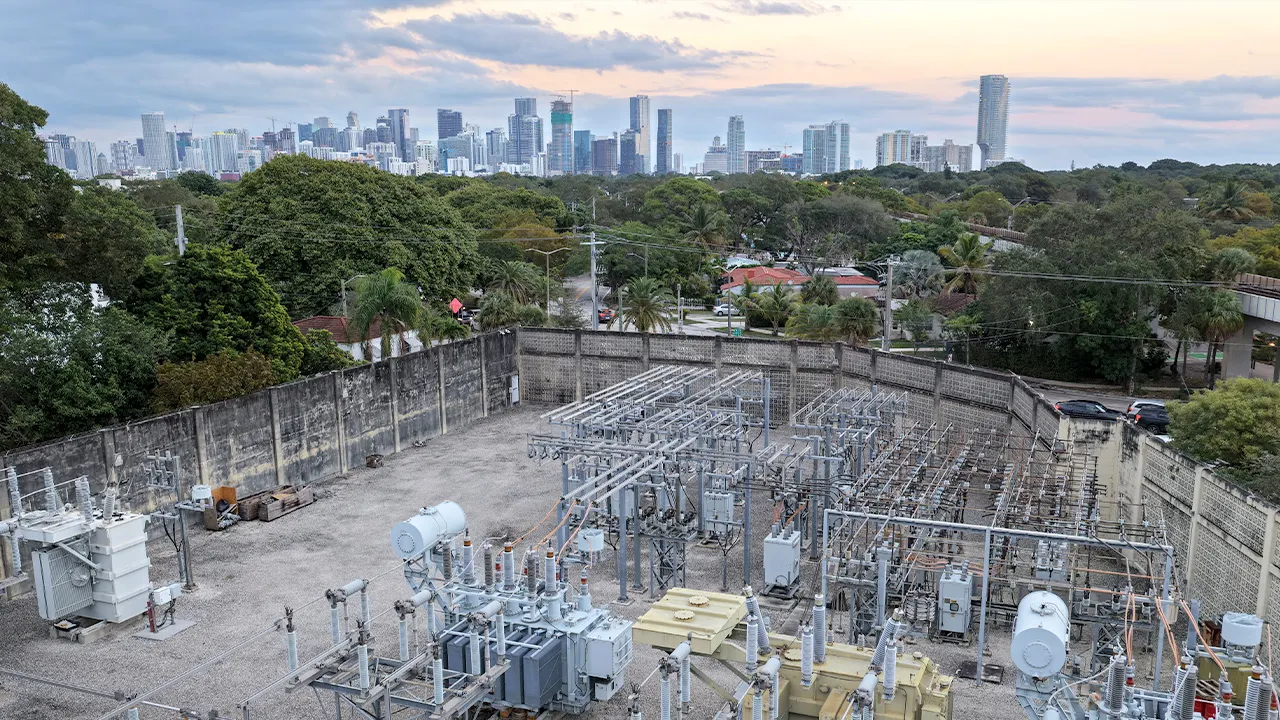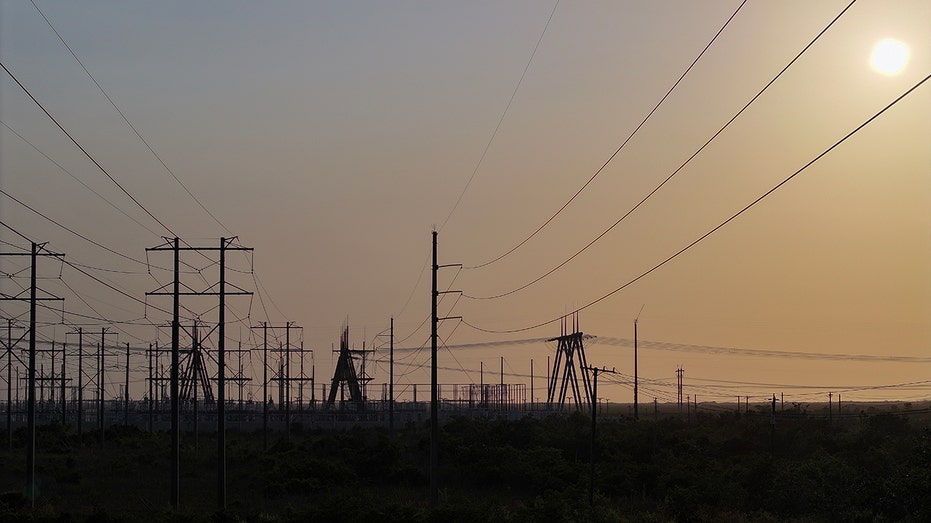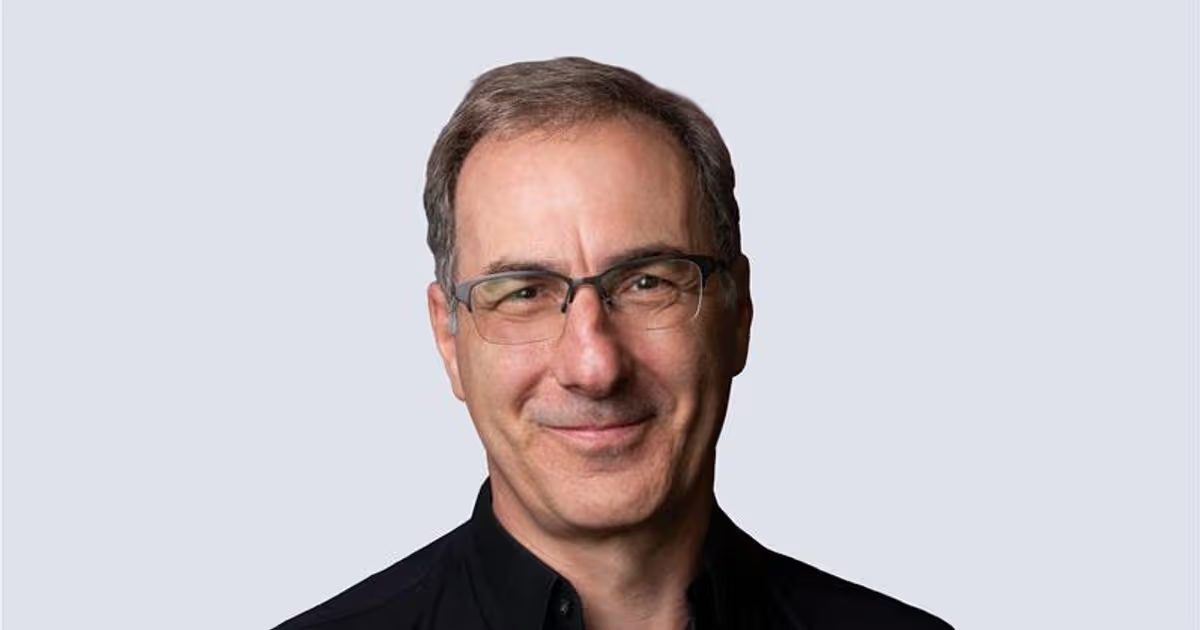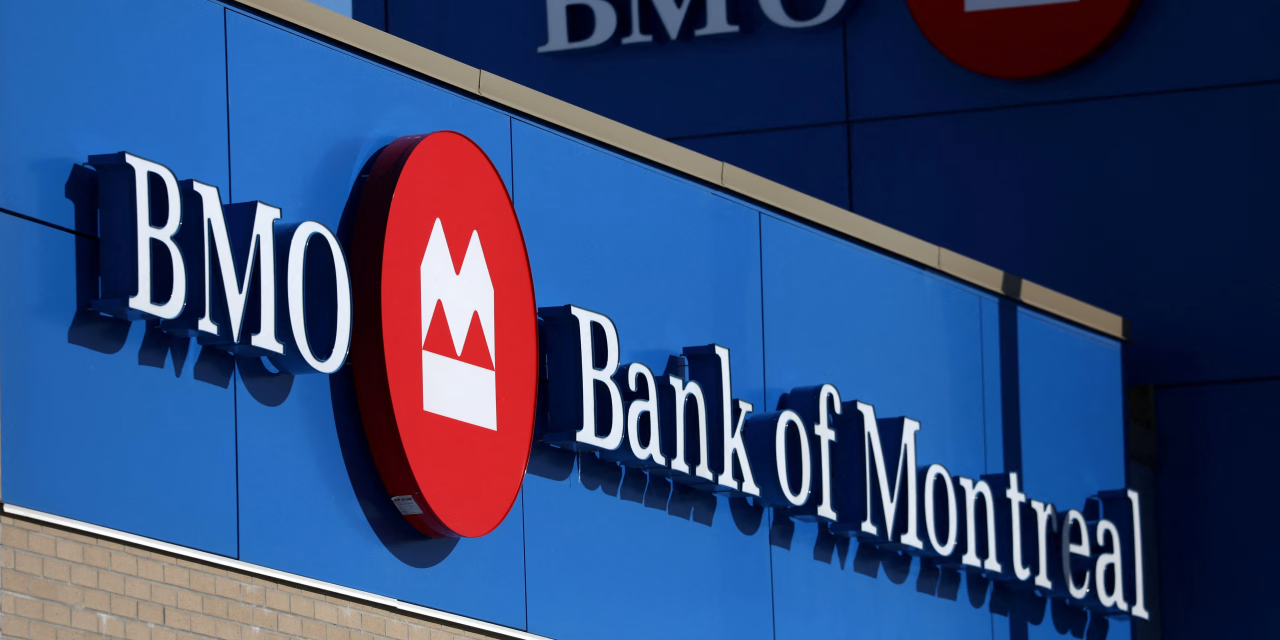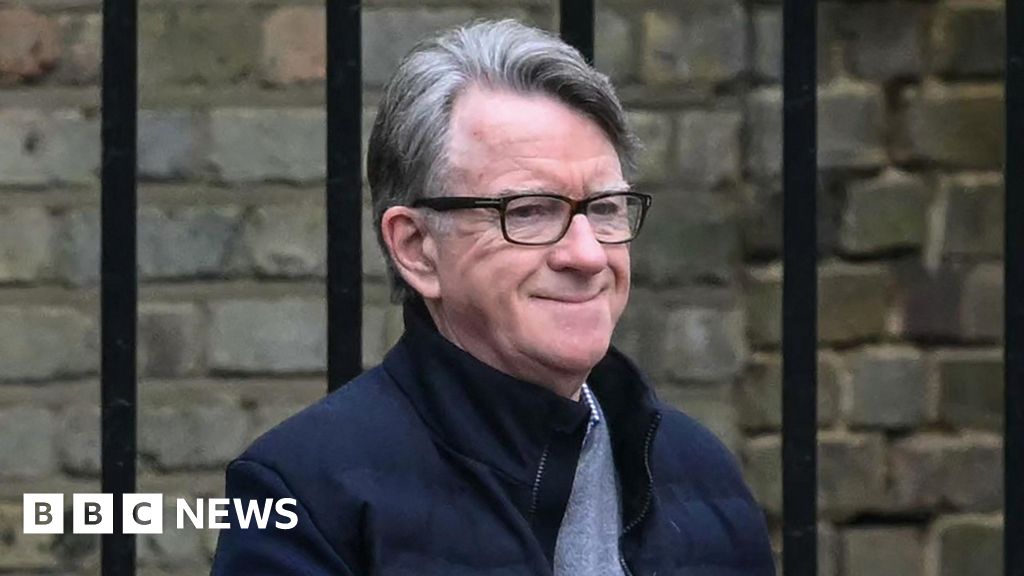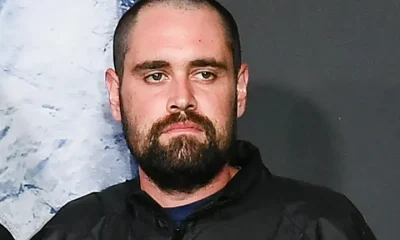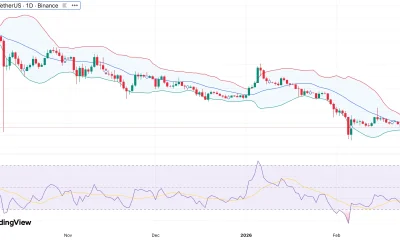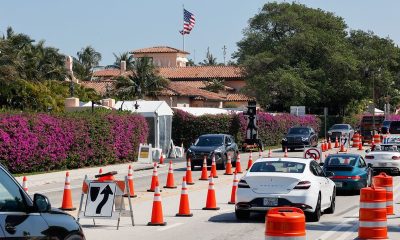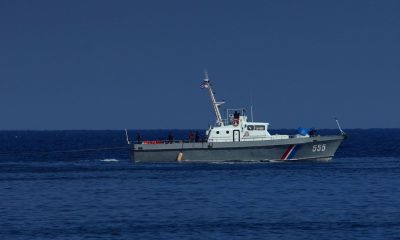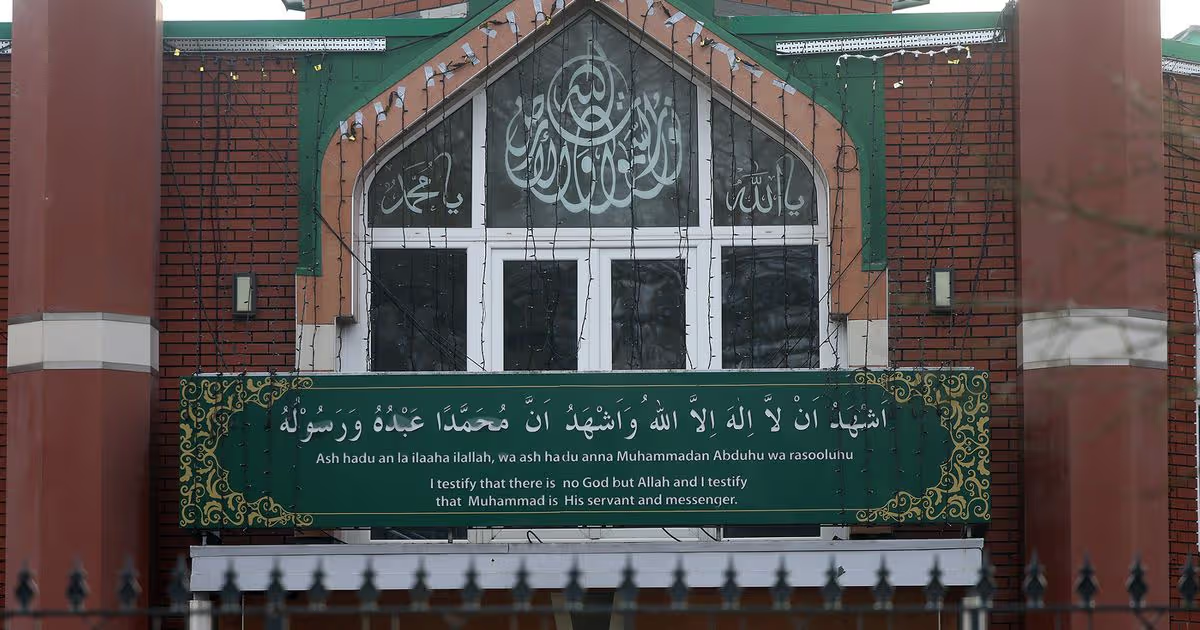It comes as the Cardiff-based firm has secured additional growth capital in a latest fundraising round
Digital asset disaster recovery firm Coincover has appointed Silicon Valley veteran Jeremey Verba as its new chief executive as it looks to further expand following its latest equity fundraising round.
He joins the Cardiff-based fintech as digital asset adoption grows exponentially at both an institutional and consumer level. Globally, figures suggest that 86% of institutional investors have exposure to digital assets and 820 million crypto wallets were active worldwide in 2025.
Traditional financial institutions are also exploring the digital asset potential, with a heavy focus on stablecoins. Nine European banks partnered to issue stablecoins in 2026, and ten major global banks are also jointly exploring issuing a stablecoin pegged to G7 currencies.
READ MORE: Construction work under way on new £119m Cardiff and Vale College campusesREAD MORE: We shouldn’t get hung up on firms being Welsh-owned but those with potential for growth
CoinCover has become a key player in the maturation of the sector, ensuring that institutions and their crypto users can hold digital assets with confidence by providing wallet recovery solutions, underpinned by world-class encryption and decryption.
Founded in 2018 it has safeguarded more than 600 businesses and protected over 22 million wallets to date. It is now a crucial partner to the likes of Fireblocks, BitGo and Ledger.
It comes as the Cardiff-based company has closed its latest equity fundraising round. The amount raised has not been disclosed, but has been supported by existing investors, including the Development Bank of Wales.
With deep expertise in scaling multi-million dollar businesses, including Walmart Video and eHarmony, Mr Verba will use this experience to accelerate the delivery and growth of CoinCover.
He said: “I have built my career scaling fast-growth businesses that have a very clear market need. Since its inception, CoinCover has played an incredibly important role in the evolution of the digital assets industry, and we now have an even greater opportunity to position ourselves at the forefront of the safe transition to a new world of finance.
“What CoinCover offers will become table stakes for institutions rolling out digital asset strategies and offerings, and I’m excited to drive forward our new phase of growth in this rapidly evolving market.
“As a proudly Welsh-based business, we’re equally committed to contributing to the momentum of Wales’ growing fintech sector and demonstrating the global impact that innovative companies from Wales can achieve.”
The appointment follows recent news that Digital Asset, the creator of the Canton Network, has integrated CoinCover within its Copper-based treasury infrastructure, a move designed to reinforce resilience and confidence amidst greater awareness of the institutional need for robust safety measures.
Mr Verba replaces David Janczewski, co-founder of CoinCover, as CEO. Mr Janczewski remains a key advisor to CoinCover, serving on the Board of the business.
Mr Janczewski said: “I founded the company to revolutionise the world of blockchain protection by making digital asset ownership safe and secure for everyone. Our platform and technology are now proven in the market, and we are well positioned to continue underpinning the future of the industry. Jeremy’s appointment, combined with the injection of additional capital from our investors, gives us the experience and resources needed to scale with confidence.”
Jack Christopher, investment executive with the Development Bank of Wales, said: “CoinCover is a great example of a Welsh fintech with global reach, scaling rapidly while solving a critical challenge in the digital asset market. We’ve backed the company from its early days and are pleased to continue to support the team as they build on their success and accelerate their growth with Jeremy at the helm.”




